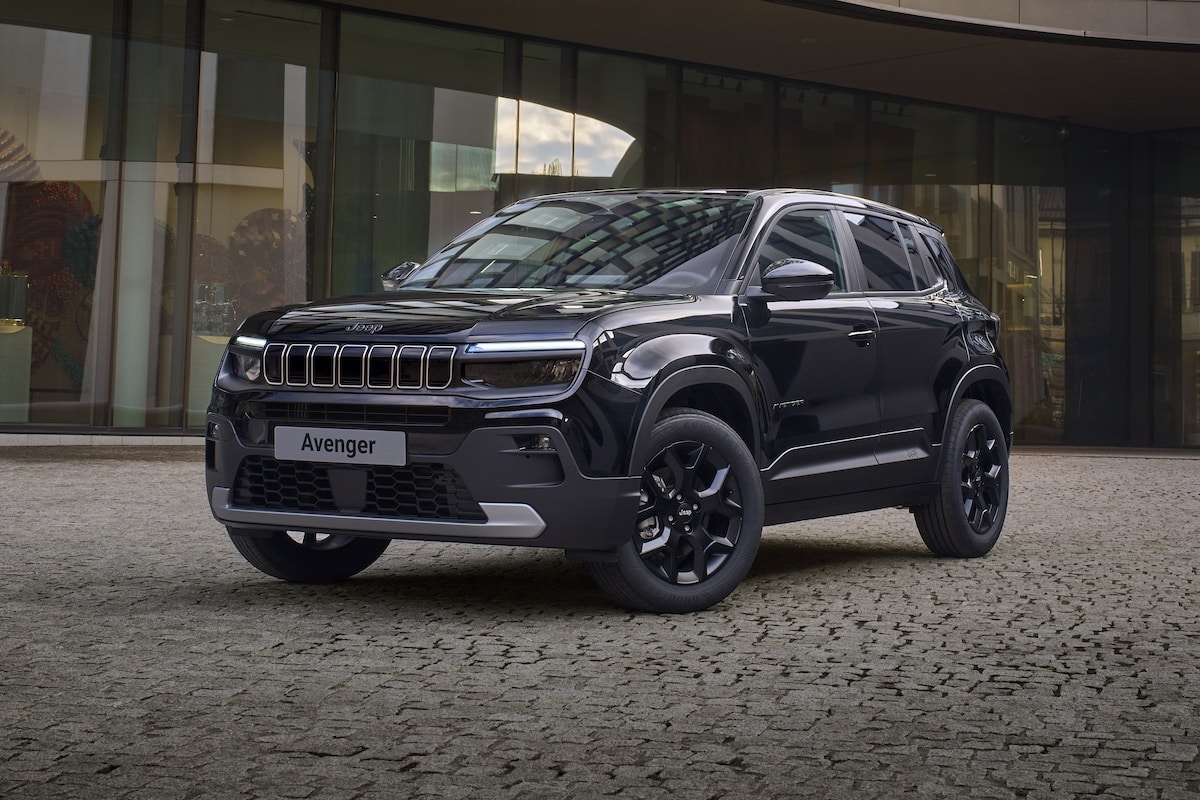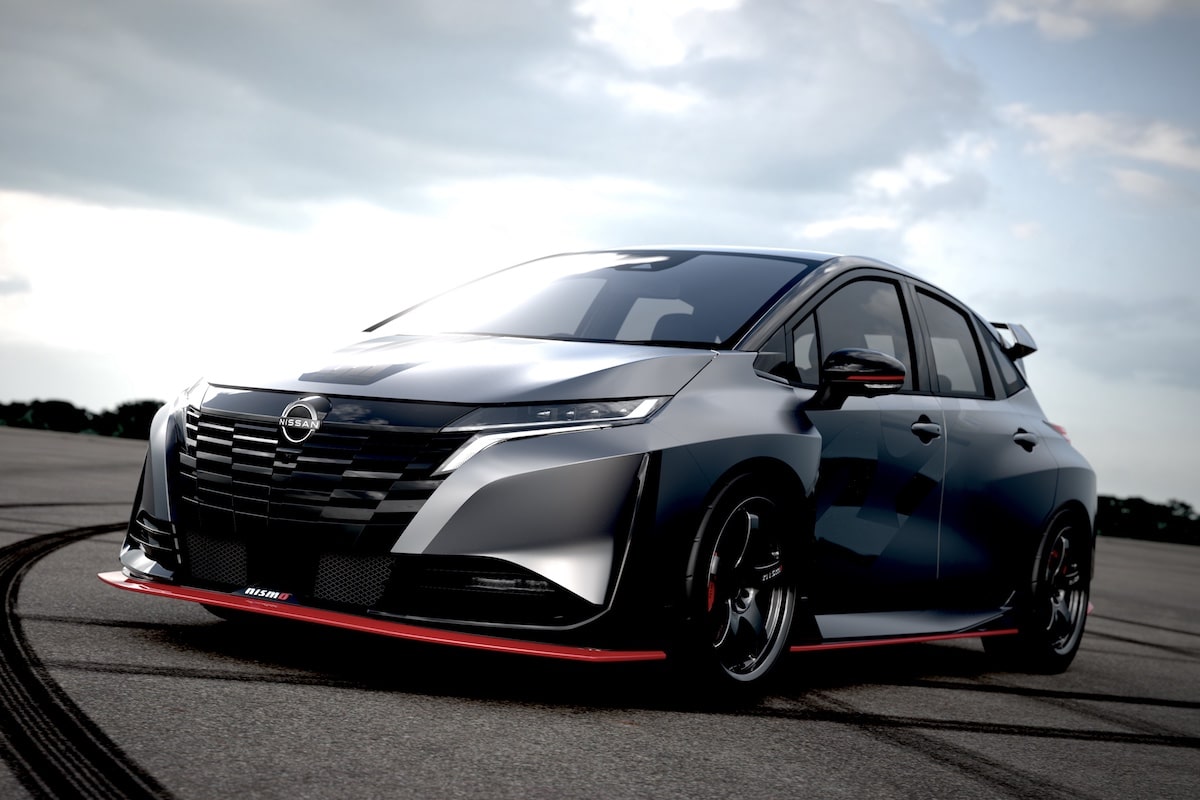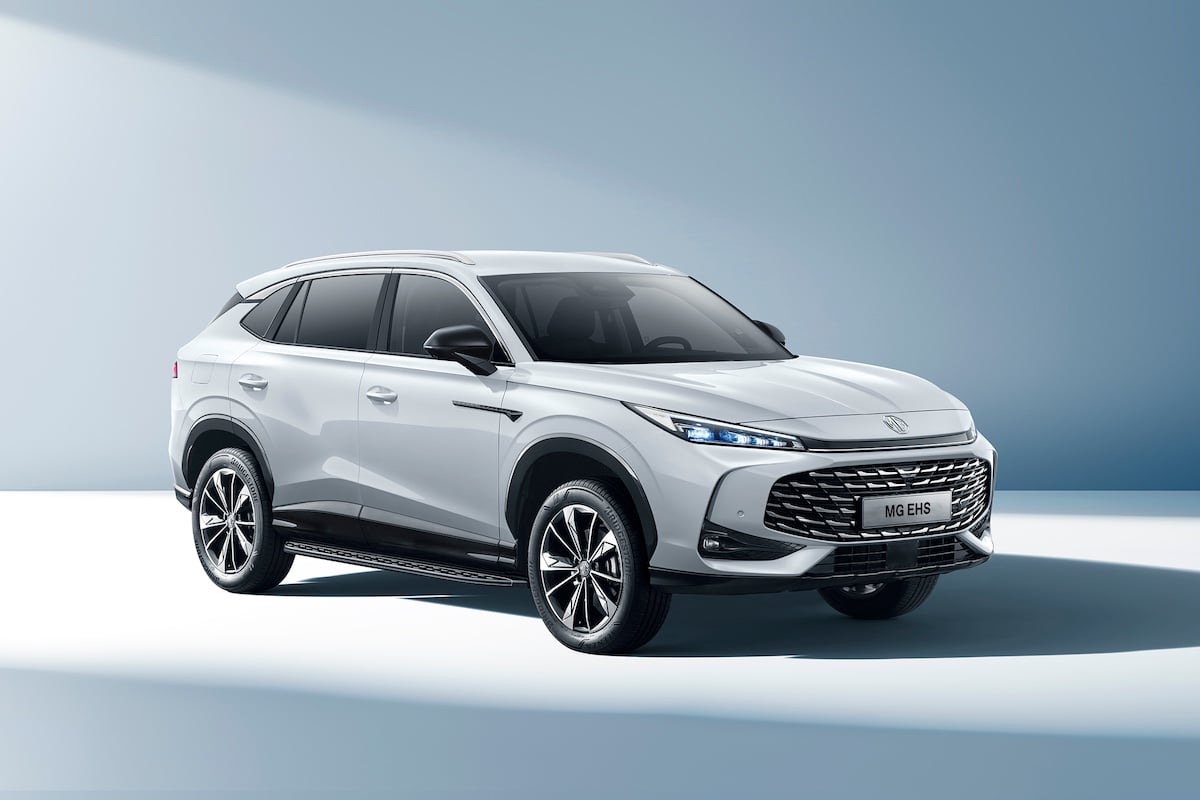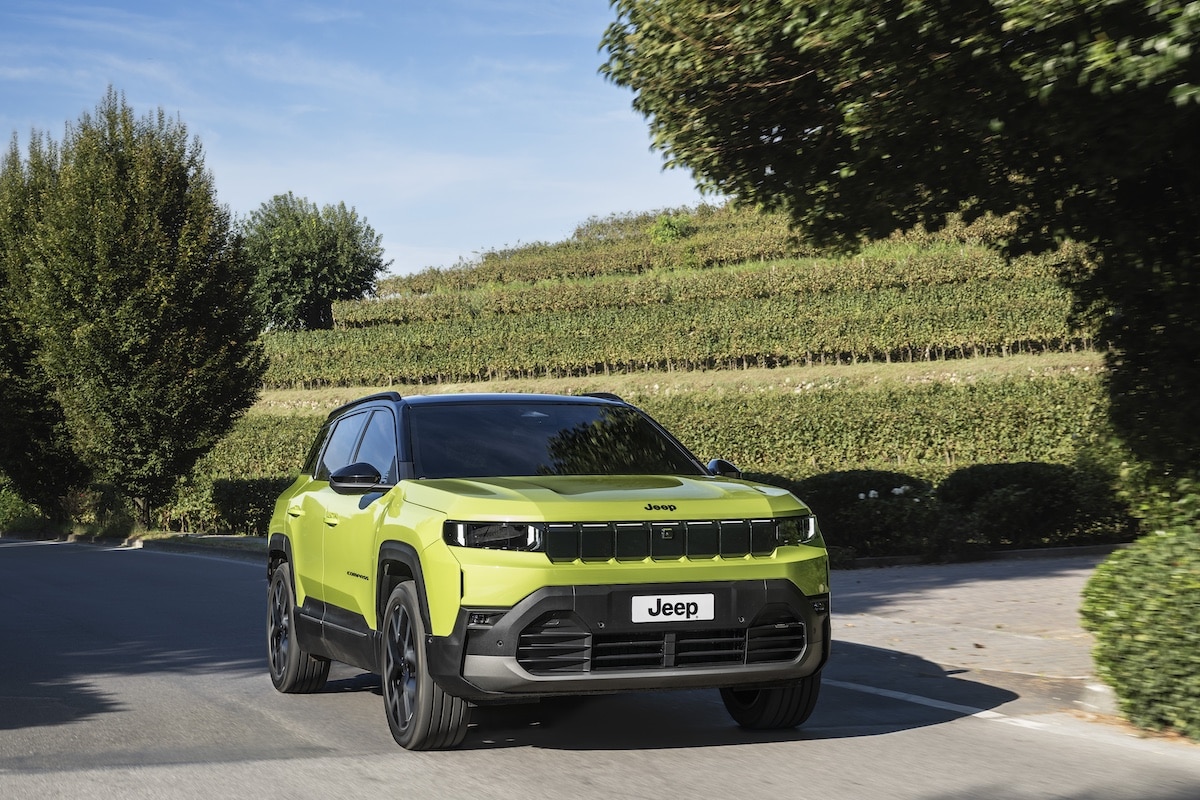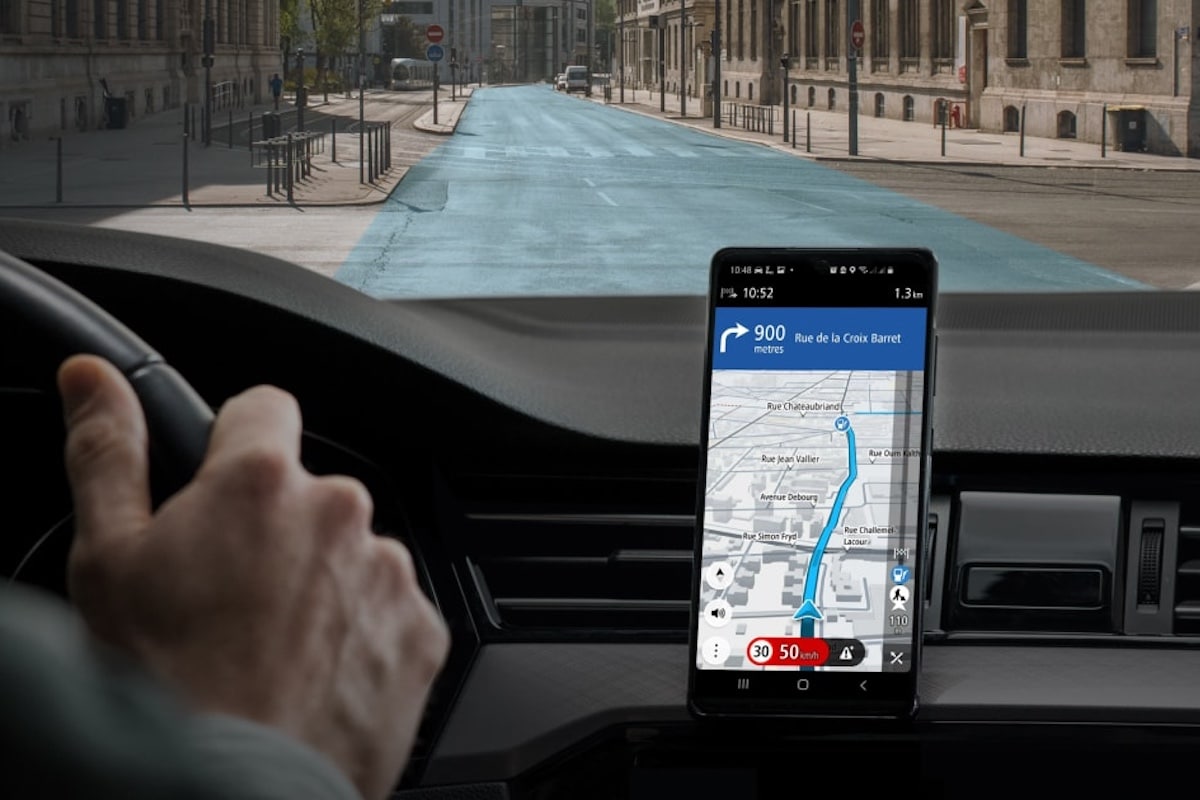New Nissan Qashqai e-POWER: more economical and cheaper
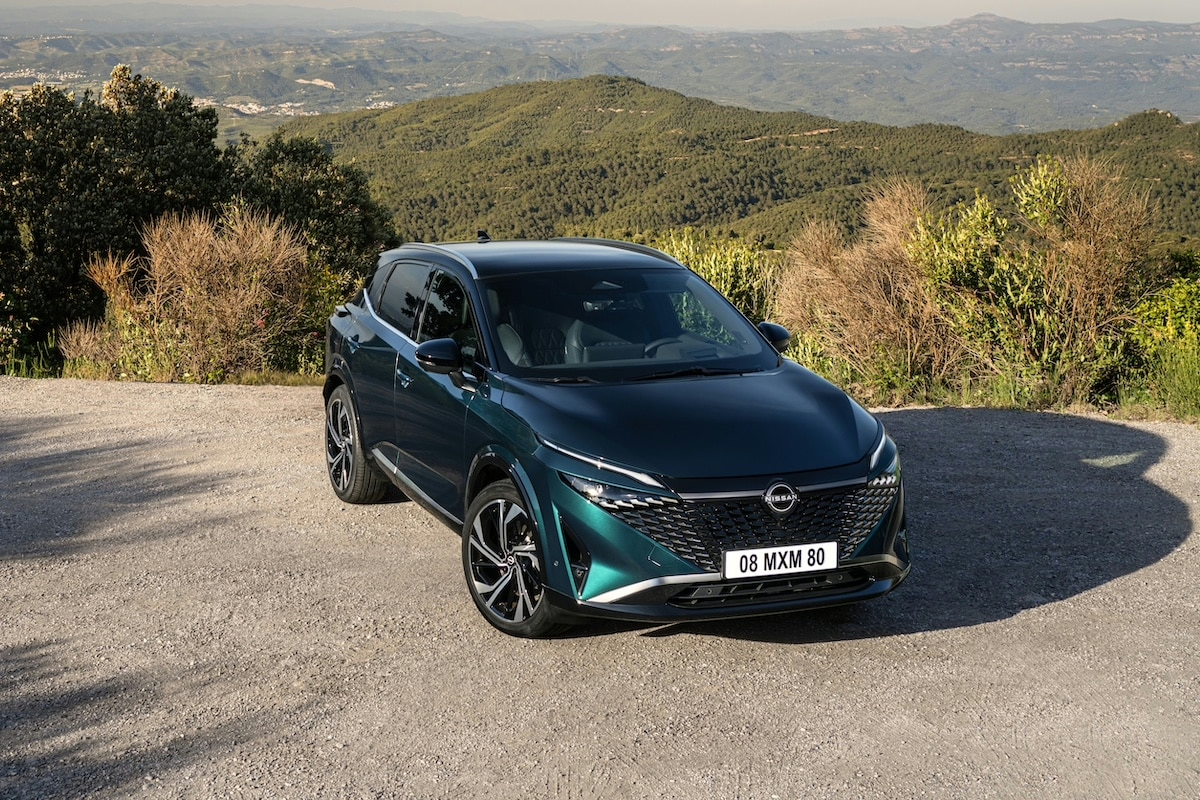
In a market where the alternative now seems to boil down to classic hybrid or battery electric, Nissan continues on its unique path.
With its revamped Qashqai e-POWER, available starting September 2025, Nissan is reintroducing its atypical technology composed of a thermal engine that is only used to… produce electricity. A disconcerting concept, halfway between two worlds, that still raises some doubts.
Yet, the figures are enticing. Announced at 4.5 l/100 km in mixed consumption and 102 g/km of CO₂, the new Qashqai e-POWER positions itself as one of the most economical in its category. Moreover, it promises up to 1,200 km of range and enhanced operational silence, close to that of an electric vehicle, due to a sound reduction of 5.6 dB. Better yet, its price now starts at €37,600 in Acenta trim, which is €2,000 less than before.
Nissan embraces its difference
Under the hood, a three-cylinder turbo petrol engine has no direct connection to the wheels, recharging a small battery that powers an electric motor. Nissan, in a way, reinvents the onboard generator. An original but complex solution that invites questioning. Is this technological refinement a clever transition or an unnecessary detour?
On one hand, the driving pleasure close to that of an electric vehicle is very real, without the charging constraints. On the other, the technology still relies on thermal power, with the maintenance and emissions that this entails, even if maintenance intervals extend to 20,000 km.
In short, the Qashqai e-POWER aims to be a response to hesitations regarding 100% electric vehicles. A compromise designed for skeptics or heavy drivers, which Nissan presents as a bridge to electromobility. If the advertised performance is confirmed in use, this solution could indeed find a legitimate place alongside plug-in hybrids. While it may not be revolutionary, it merits opening a different path, and the customers of the Japanese brand seem to find it convincing enough to engage with it.
ALSO READ: Why does Nissan stubbornly stick to this counterintuitive technology?
This page is translated from the original post "Nouveau Nissan Qashqai e-POWER : plus sobre et moins cher" in French.
We also suggestthese articles:
Also read
